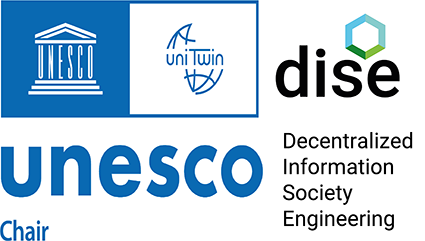Background
The VU, with 9 other EU organizations, executes a Horizon Europe research project, called Music360, to create a European platform to collect data concerning the value of music. The platform will provide insight into the value of music to many stakeholders, including artists, sign-and-song writers, retail shops, restaurants, and policy makers.
Problem
Quantitative experiments are done with various venues (e.g. restaurants and shops) where music is varied (e.g. the genre or the tempo), to better understand the effect on customer behavior (e.g. the decision to buy) or employee behavior. Currently, these experiments require a lot of manual work and processing. We want to make these experiments more efficient, and we also want to allow less skilled people to do these experiments.
Solution orientation
The Music360 project finished the first round of experiments. Apart from insights in the value of music, the experiments also resulted in a better understanding of the experiments themselves, what is needed in terms of materials, method, and analysis. We want to formalize this in terms of computational support. The goal of this thesis project therefore is to develop an experimentation toolkit (ETK), which can supported by software, in terms of data collection and processing.
Organizational context
This project is a VU-internal project (Beta in collaboration with the Customer Behavior group of SBE)
Required
An independent student, not afraid of software prototyping and statistics, and interested in the European music industry. Knowledge on R is useful.
Supervision
- Dr. J. Gordijn (VU Amsterdam, j.gordijn@vu.nl)

